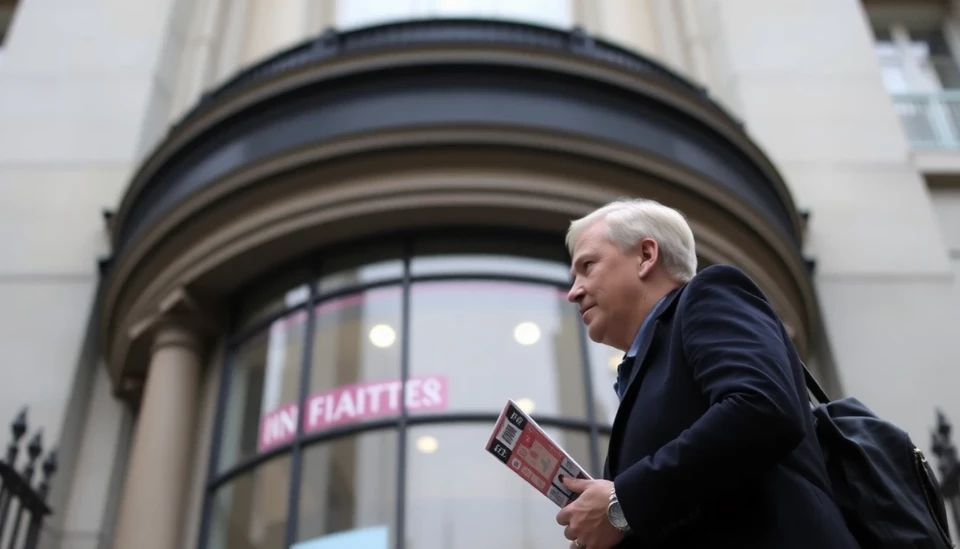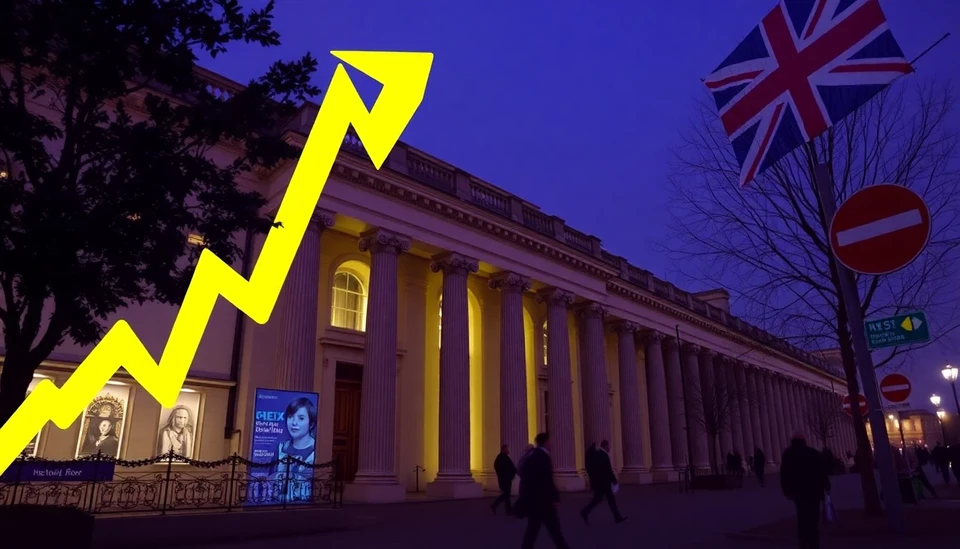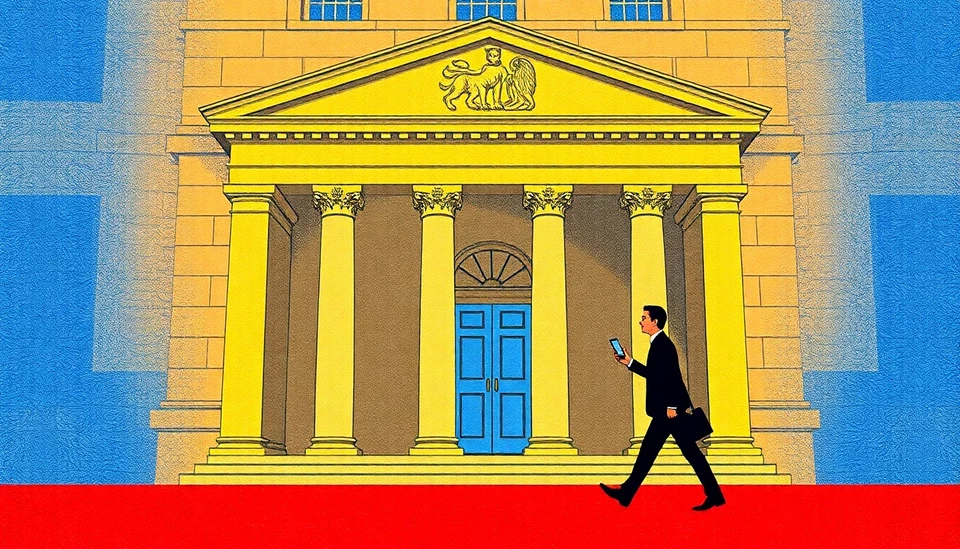
The latest economic report reveals that UK wage growth has sharply declined, reaching its lowest point in two years. This significant drop comes at a time when the Bank of England (BoE) is widely discussing potential interest rate cuts to stimulate the economy. The data suggests that widespread inflationary pressures are beginning to ease, leading to a rethink of monetary policies to encourage spending and potentially revive economic momentum.
Recent statistics show that average earnings, excluding bonuses, rose just 4.7% in the three months leading up to August. This figure represents a steep decline from previous months where growth hovered around 5.6%. The overall trend of declining wage increases raises concerns about the spending power of consumers, especially in light of ongoing high inflation rates that have put financial strain on households.
Economists are now closely monitoring these wage figures, as they tend to be a strong indicator of inflationary trends and overall economic health. Notably, the Consumer Price Index (CPI) inflation still remains above the BoE's target, putting additional pressure on the central bank's decision-making process. However, the deceleration in wage growth could provide the BoE with the evidence needed to consider reducing interest rates as a way to spur economic activity.
The Bank of England has maintained a cautious approach regarding its monetary policy, particularly with the country still grappling with the repercussions of the pandemic and the ongoing cost-of-living crisis. As wages fall and inflation begins to stabilize, central bank officials may feel more inclined to lower interest rates to enhance consumer spending and support economic recovery.
Mark Carney, former Governor of the BoE, highlights that wage growth trends will play a pivotal role in shaping the BoE's future actions. He noted that unless wage growth picks up significantly, the likelihood of rate cuts will continue to be a relevant conversation in financial circles. This sentiment is echoed by current BoE officials who are weighing the implications of this wage growth data against their broader economic outlook.
The upcoming months will be crucial in determining the trajectory of the UK economy. As businesses and consumers adjust to these economic signals, the potential for reduced borrowing costs could change investment and spending behavior, invigorating the economy. Central bank decisions will certainly be influenced by how wage trends evolve and are absorbed by the market.
In conclusion, as the UK faces one of its most challenging economic periods in recent history, the implications of falling wage growth cannot be overstated. The BoE's strategy moving forward will depend heavily on these economic indicators as they seek to strike a balance between curbing inflation and encouraging growth.
#UKWageGrowth #BankofEngland #InterestRates #EconomicReport #InflationTrends #ConsumerSpending #FinanceNews
Author: Daniel Foster

